Marine Conservation
Marine Conservation
We support Christians for environmental action through conservation projects, resources for churches and involvement in global networks.
A Rocha Kenya recognizes the critical importance of Kenya’s coastal ecosystems, particularly the vibrant coral reefs and diverse marine life found in Watamu. Our marine conservation efforts are deeply rooted in our commitment to Christian environmental stewardship, aiming to safeguard these precious environments for both present and future generations. We achieve this through a combination of scientific research, community engagement, and practical conservation actions, all focused on understanding and mitigating the threats facing Kenya’s marine biodiversity.
Marine Conservation And Research
The Western Indian Ocean’s marine environment boasts remarkable biodiversity, featuring habitats such as mangrove forests, pristine sandy beaches, seagrass beds, and coral reefs. However, these ecosystems face significant threats from coastal development, climate change, and fishing pressures. A Rocha Kenya operates within Watamu Marine National Park to assess the status and processes affecting the marine biodiversity of these habitats.
We are dedicated to the UN Sustainable Development Goals, and many of our marine initiatives are interconnected, contributing to multiple SDGs, particularly targets within SDG 14: Life Below Water. Through beach cleanups aimed at reducing plastic pollution, we promote habitat restoration and collaborate with the Kenya Wildlife Service and other partners to ensure the health and protection of Watamu Marine National Park.
Watamu Marine National Park stands as one of the oldest Marine Protected Areas (MPAs) globally. Established in 1968, it has been the focus of numerous scientific studies while also facing various contemporary threats to its coastal marine habitats. We have created a detailed habitat map of Watamu Marine National Park, the first of its kind for a Kenyan MPA, revealing nine habitat categories; notably, seagrass is the most widespread, while coral reefs are the least prevalent. Comprehensive species lists for fish, echinoderms, molluscs, crustaceans, corals, and seagrass were compiled, allowing us to estimate overall species richness, biodiversity, and sampling completeness. Notably, 18 species across all categories are classified as a conservation concern (other than Least Concern or Not Evaluated) by the IUCN Red List, and we observed eight undescribed species. These findings underscore the significance of non-coral habitats, such as seagrass beds, within WMNP and highlight the necessity for further research into their ecology and conservation value.
Our Core Focus Areas
Coral Reef Health and Monitoring
A Rocha Kenya conducts regular monitoring of coral reef health within the Watamu Marine National Park and Reserve. This involves assessing coral cover, diversity, and signs of stress, such as bleaching.
We focus on understanding the factors that influence coral health, including water quality, temperature fluctuations, and human impacts.
Our data contributes to long-term monitoring efforts and informs management decisions. We aim to understand the resilience of the local reefs, and how they are handling local and global stressors.
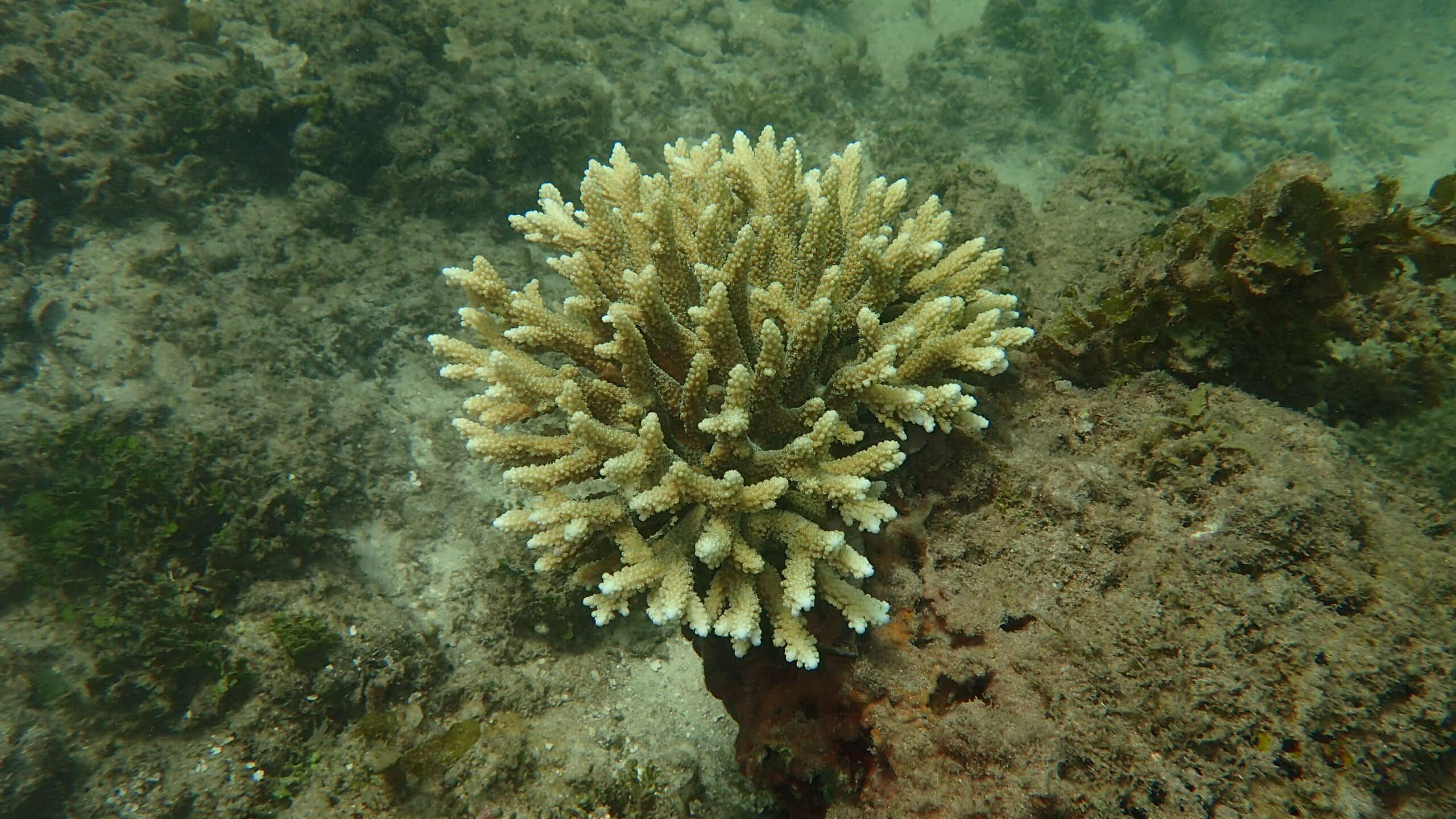
Marine Biodiversity Research and Assessment
We conduct scientific surveys to assess the distribution and abundance of key marine species, including fish, invertebrates, and other marine organisms.
Our research aims to establish baseline data on marine biodiversity and track changes over time.
We work to identify critical habitats and areas of high biodiversity that require protection. We also work to identify invasive species, and track their impact on the local ecosystem.
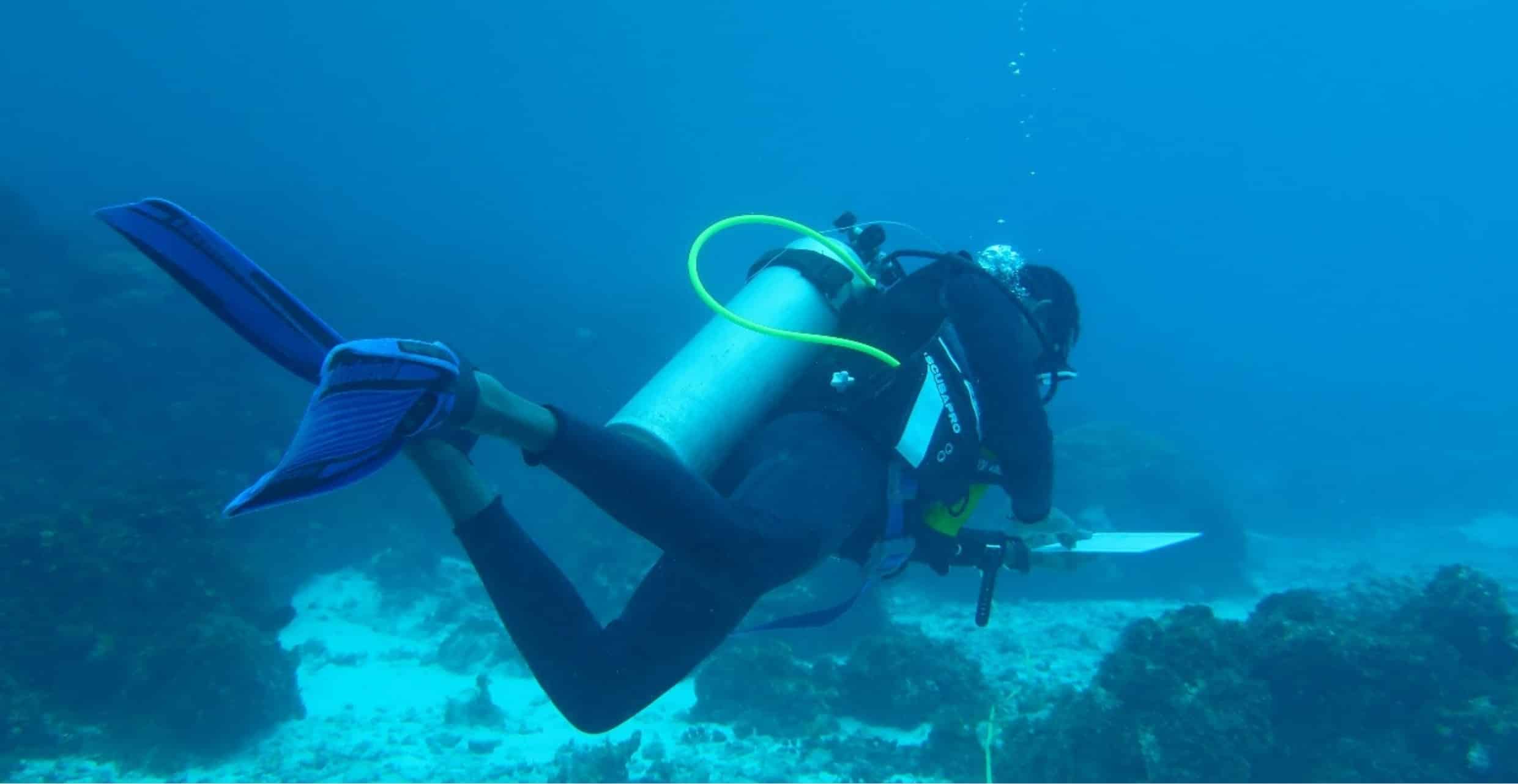
Community-Based Marine Resource Management
A Rocha Kenya collaborates with local fishing communities to promote sustainable fishing practices and reduce pressure on marine resources.
We support the development and implementation of community-based fisheries management plans.
We work to raise awareness about the importance of responsible fishing and the need to protect spawning grounds and nursery areas.
We provide training on alternative income generation, to reduce the reliance on overfishing.
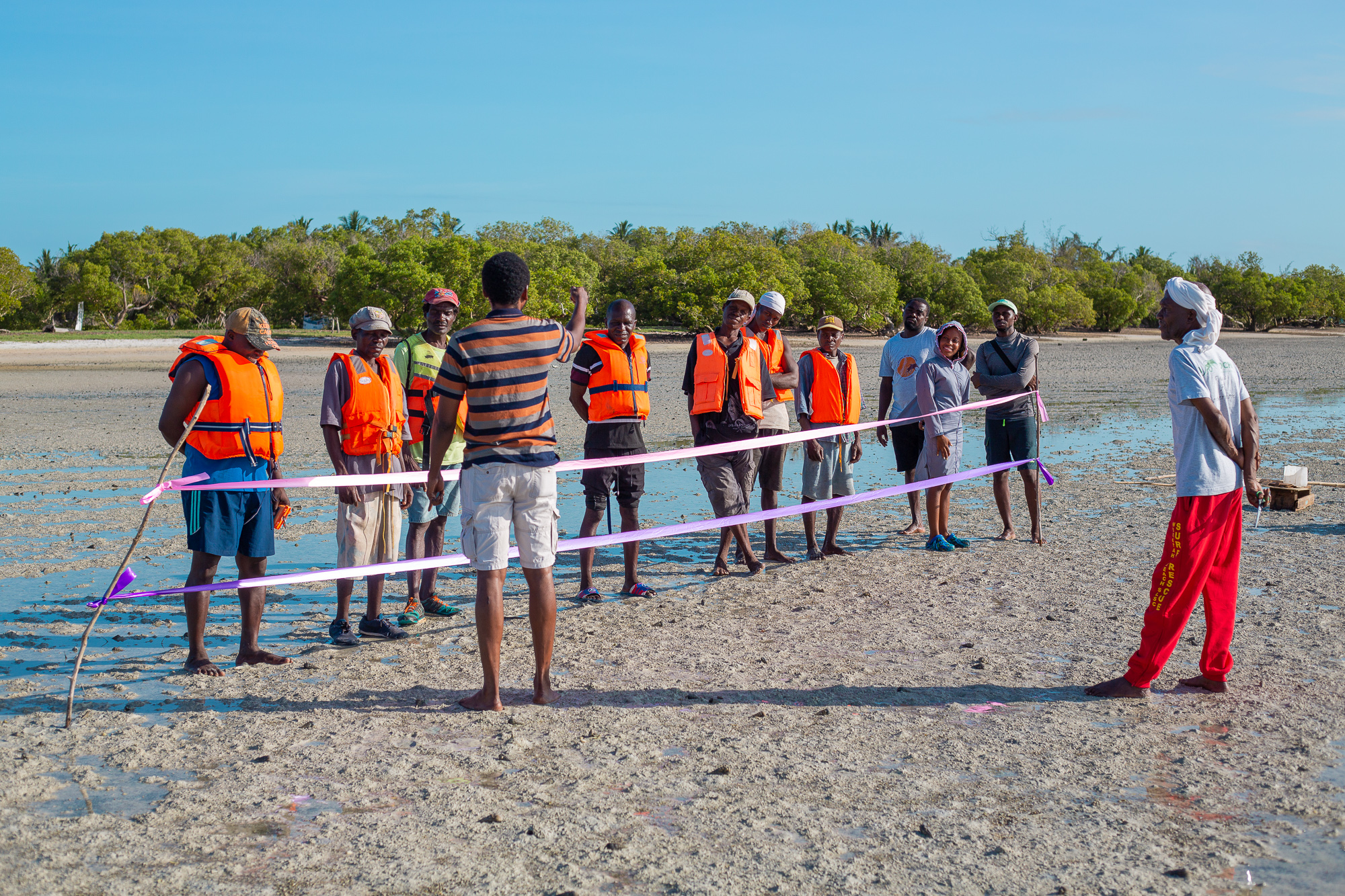
Marine Debris and Pollution Mitigation
We organize regular beach cleanups and marine debris removal activities to reduce the impact of plastic pollution on marine life.
We conduct research to assess the sources and impacts of marine pollution, including plastic, sewage, and agricultural runoff.
We work to raise awareness about the dangers of marine pollution and promote responsible waste management practices.
We aim to educate the local community on the importance of recycling.
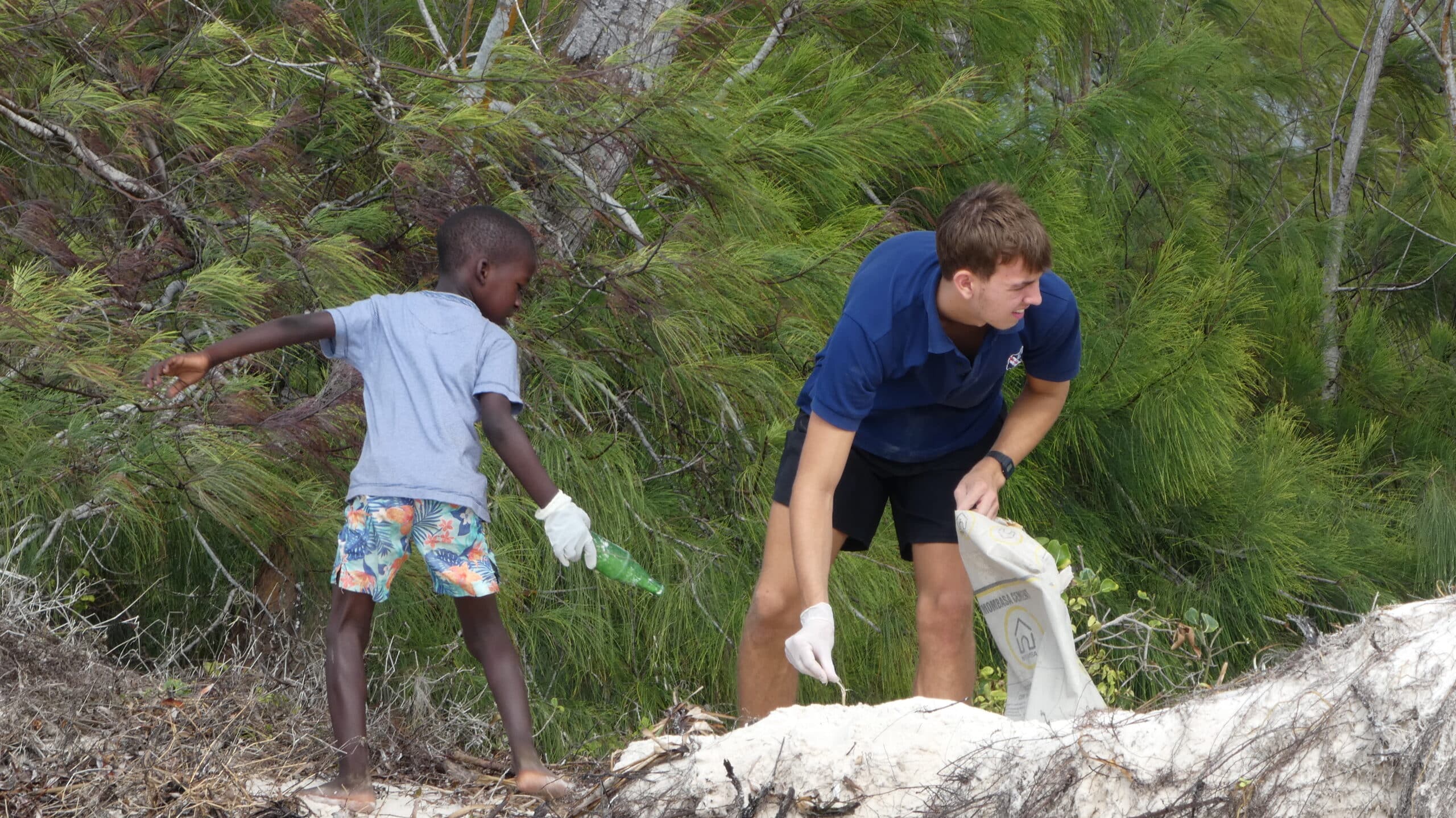
Climate Change Impacts on Marine Ecosystems
We monitor the impacts of climate change on coral reefs, including coral bleaching events and changes in sea temperature.
We contribute to research on the resilience of marine ecosystems to climate change.
We work to raise awareness about the need to reduce greenhouse gas emissions and adapt to the impacts of climate change.

Current Marine Projects
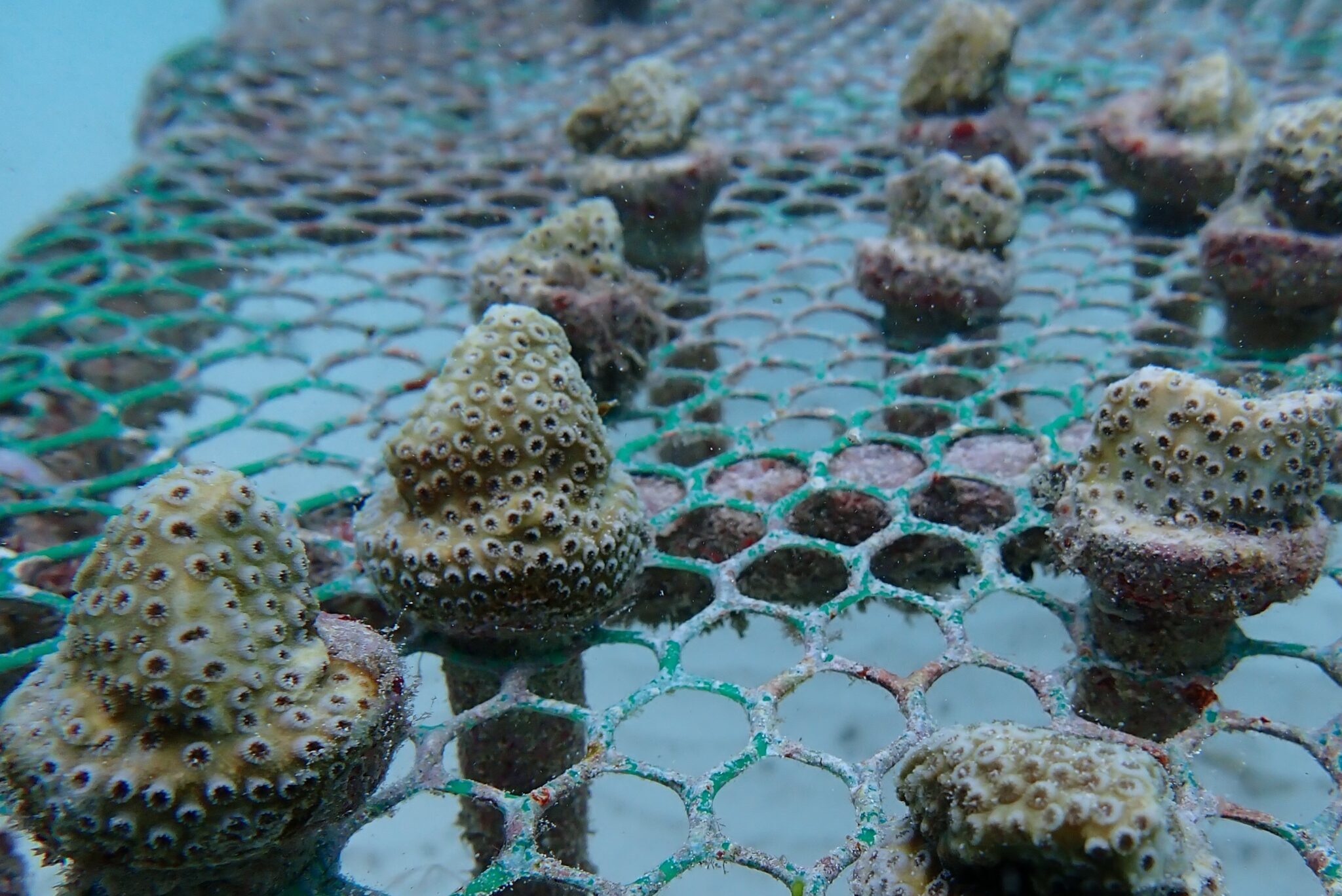
Coral Gardening
Corals are vulnerable to bleaching from rising ocean temperatures, exemplified by Watamu’s coral cover decline after the 1997-98 bleaching event. Recovery depends on resilience, recruitment, and growth, which are challenged by high temperatures and limited larvae. To address this, Watamu’s coral gardening propagates thermally resistant colonies in underwater nurseries and transplants them to degraded reefs, enhancing reef resilience and biodiversity.
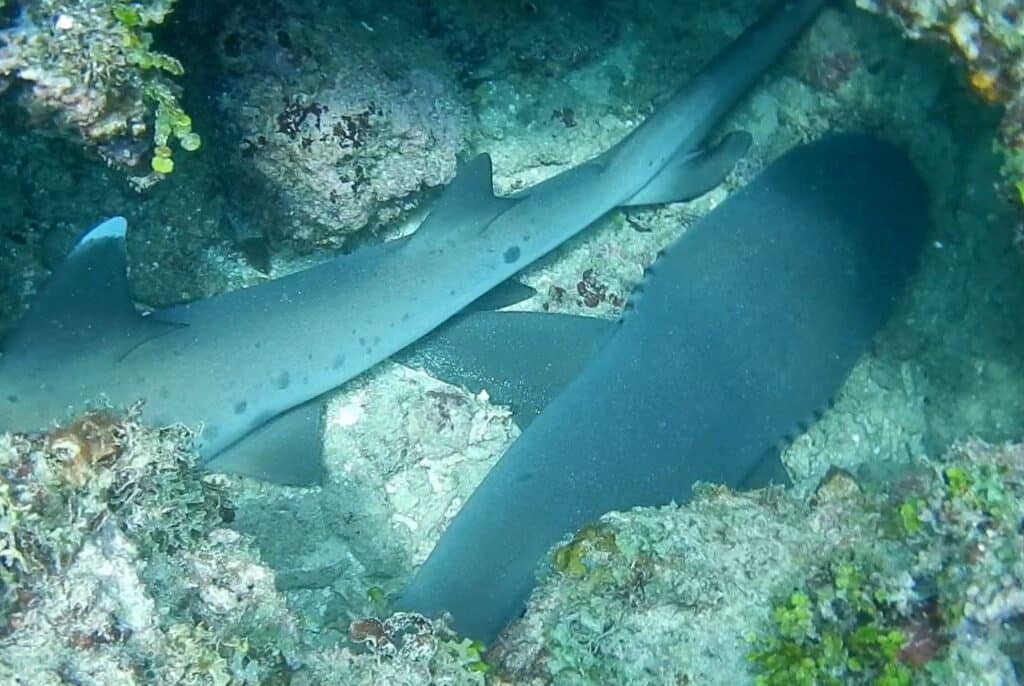
Sharks and Rays Survey
Elasmobranchs include sharks, rays, skates, and sawfishes, but their populations are declining globally, with over 30% threatened with extinction. Our marine team conducts weekly excursions to monitor their populations and habitat needs in the park. Data collected has led to Watamu Marine Park being recognized as a significant Shark and Ray Area by the IUCN, enhancing its protection status and attracting more researchers and academics.
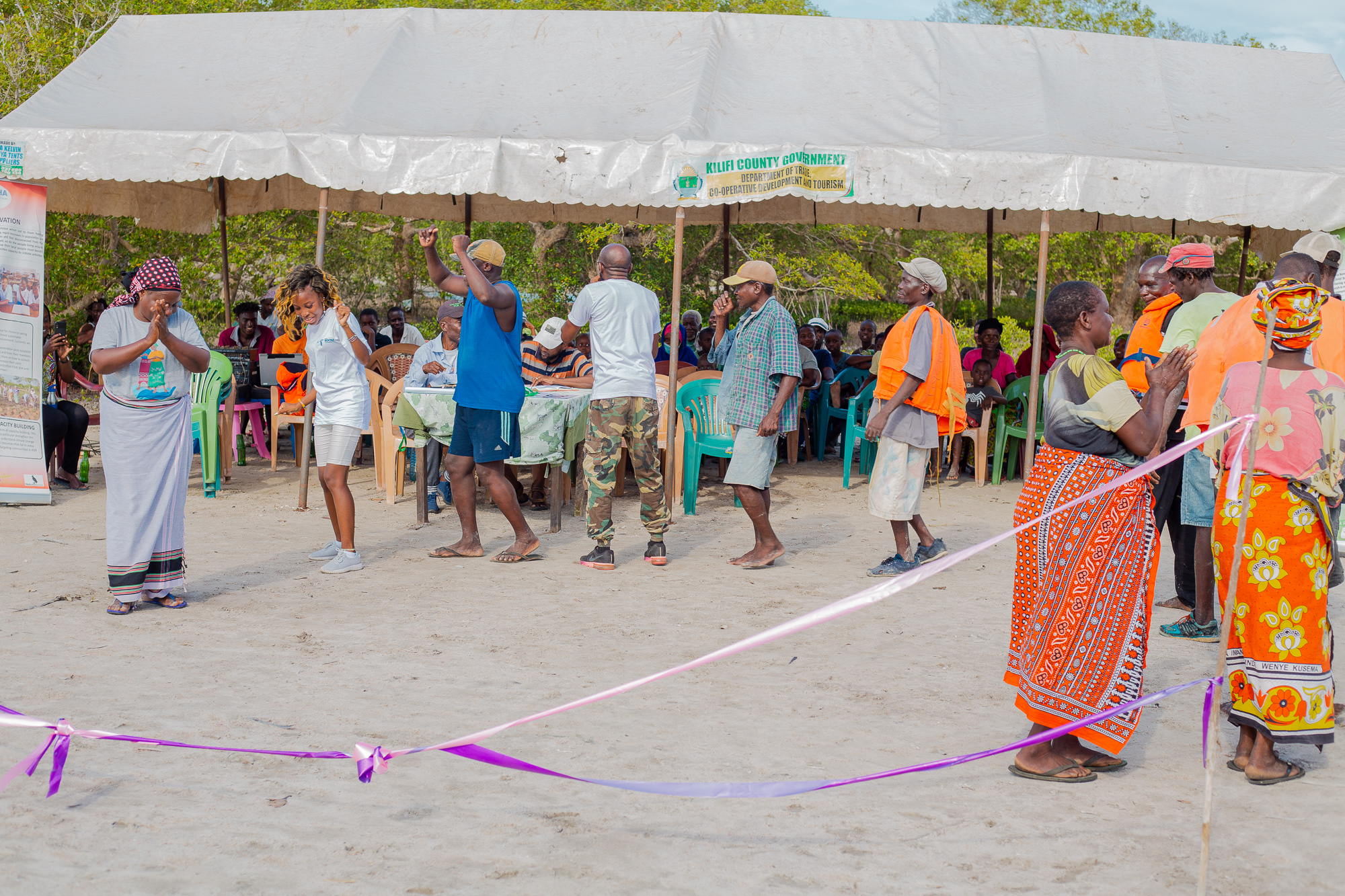
Marine Governance
This project seeks to improve governance within the Watamu Marine Protected Area by aligning conservation initiatives with the socio-economic requirements of local communities. It utilizes a governance baseline tool to encourage collaboration among stakeholders, helping to create a common vision for sustainable management. The main initiatives concentrate on identifying sustainable alternative livelihoods
How You can help
Donate
Donate to Marine Research– Your donation will help us to restore damaged coral reefs and protect marine biodiversity.
Volunteer
Volunteer for our Marine Work– Join our efforts in our marine work like removing plastics from beaches and marine habitats.
Educate
Educate Others: Share information about the importance of marine conservation with your friends and family.
Practice
Practice Sustainable life Choices: Choose seafood that is harvested responsibly and not using single-use plastics.